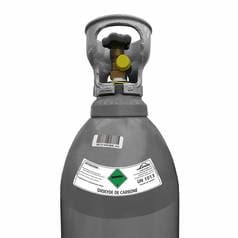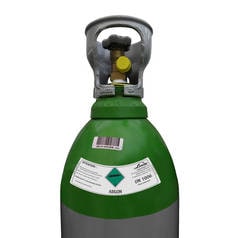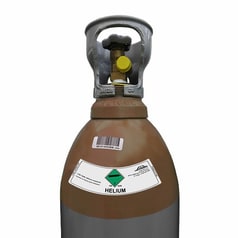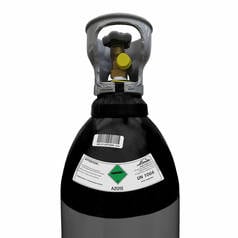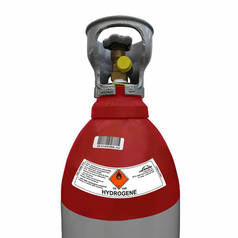Pour bénéficier d’un affichage optimal de la boutique en ligne de PanGas, vous avez besoin pour le navigateur de la version minimale suivante:
• Internet Explorer 9.0
• Mozilla Firefox 38
• Safari 8
• Chrome 45
Veuillez vous assurer que JavaScript est activé dans les paramètres de votre navigateur.
- Accueil
- Applications
- Analyse & Instrumentation
- Process Control
Process Control
In the operation of a chemical process it is important to maintain proper analytical control to ensure that all steps of the process are proceeding as they should. The purpose of process control is to maintain quantitative and/or qualitative information about the chemical process. This information can be used for supervision and to optimize the process with regards to the consumption of time, energy and raw material. This may lead to higher quality and/or less emissions. It is important to minimize the total costs. This involves maintaining product quality, meeting production targets and making efficient use of utilities such as steam, electricity and cooling water.
The controlled variable in a process must be easy to measure either directly or indirectly. The most important variables controlled in chemical processes are flow rate, temperature, pressure and composition. The composition of a process stream can be determined by e.g. gas chromatography and infrared/ultraviolet absorption. In some cases, satisfactory results can be obtained with an analysis every few hours while in others the process conditions can change quickly so that samples must be taken every few minutes.
There exist different kinds of process control:
- The sample is transported to an external laboratory for analysis, e.g., HPLC.
- The analytical equipment is situated in a laboratory in connection to the process. The sample is transported to the analytical instrument, e.g., a gas chromatograph, GC.
- The sample cell is outside the process stream but in direct connection to the process, e.g. Infrared spectrometry IR.
Analytical instruments use zero gases, span gases and calibration gases to control chemical processes. Fuel gases are needed if flames are part of the system. Gas chromatography requires a carrier gas. All of these gases must be of a exceptional and controlled quality in order not to bias the analytical results.


